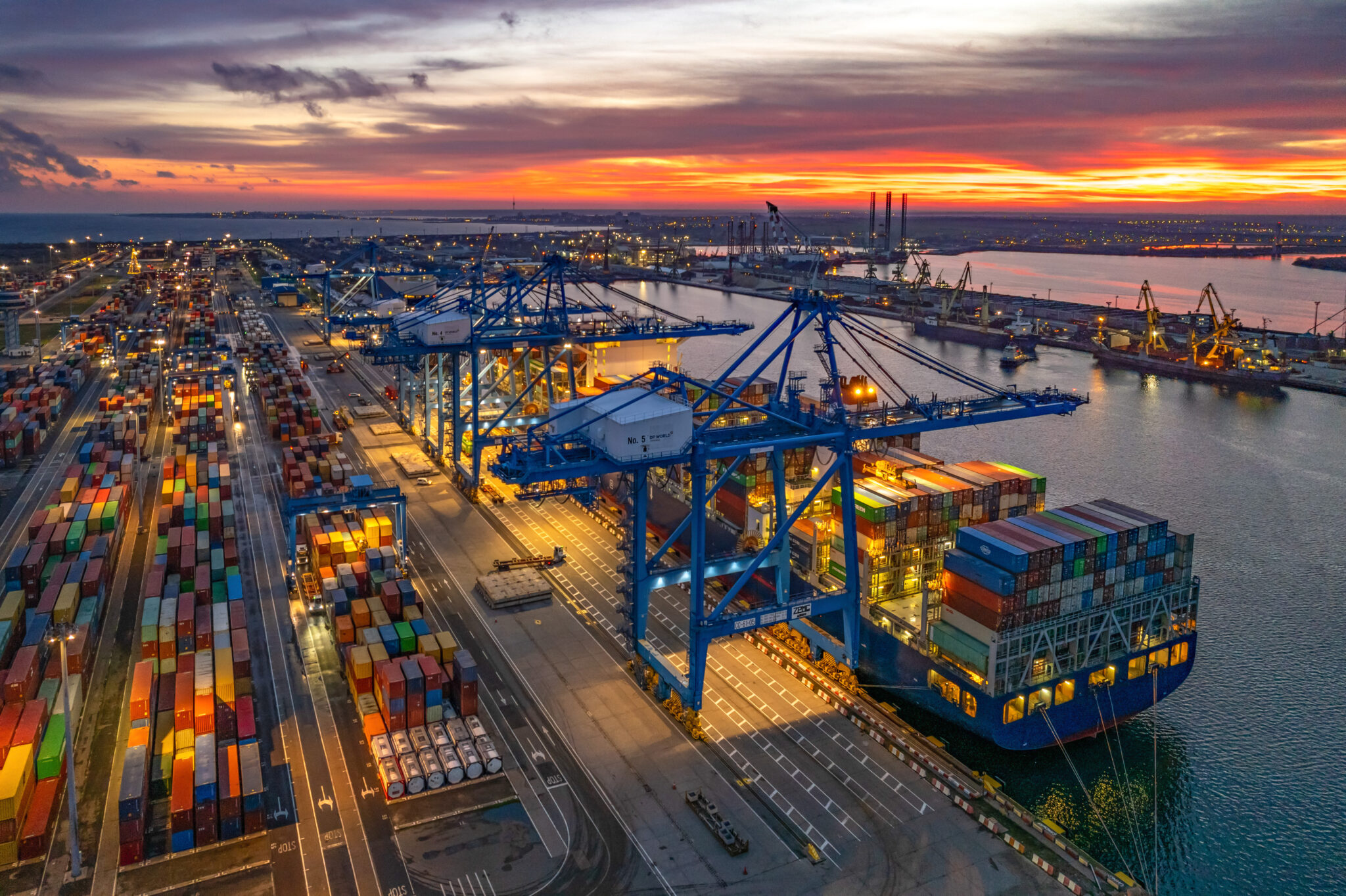In today’s fast-paced global trade environment, cargo services play a crucial role in ensuring goods move efficiently from suppliers to customers. However, the journey doesn’t end there. An emerging focus in the logistics industry is reverse logistics, which involves managing the return flow of goods from customers back to sellers or manufacturers. This process is especially vital for businesses importing products, such as those who import from China to Pakistan, where returns, repairs, and recycling contribute not only to operational efficiency but also to sustainability.
Understanding Reverse Logistics in Cargo Services
Reverse logistics is essentially the opposite of traditional logistics. While forward logistics ensures products reach customers, reverse logistics manages the return of goods for reasons like defects, recycling, or repurposing. This is increasingly important in cargo services due to the rise of e-commerce and international trade, including significant trade routes like China to Pakistan shipping.
For example, when a product imported from China to Pakistan is returned due to damage or customer dissatisfaction, reverse logistics processes enable the product to be repaired, repackaged, or recycled rather than discarded. This approach reduces waste, cuts costs, and supports environmental sustainability. In Pakistan, where industrial growth and imports are booming, integrating reverse logistics into Pakistan cargo services can help mitigate the environmental impact of solid waste generated annually.
Why Reverse Logistics Matters for Sustainability
Sustainability is becoming a core concern for logistics companies worldwide. The logistics industry is responsible for a large share of greenhouse gas emissions, and managing returns efficiently can significantly reduce the environmental footprint. By adopting reverse logistics, companies can:
- Minimize landfill waste through recycling and refurbishing
- Reduce the need for new raw materials by reusing returned products
- Lower carbon emissions by optimizing transportation routes for returns
This is especially relevant for businesses involved in air cargo services and DDP shipping (Delivered Duty Paid), where the carbon footprint can be substantial. Implementing reverse logistics helps create a circular economy, turning waste into value and fostering long-term customer loyalty.
Reverse Logistics and Importing from China to Pakistan
The trade route from China to Pakistan is one of the most active, with Pakistan importing billions of dollars’ worth of goods annually. Understanding how to import from China to Pakistan efficiently involves not only managing forward shipments but also planning for returns and sustainability.
Many businesses face challenges such as customs clearance, compliance with import regulations, and handling product returns. A reliable logistics company specializing in cargo services can streamline this process by offering integrated solutions that cover both forward and reverse logistics. This ensures that goods arriving from China can be returned or recycled smoothly if necessary, reducing losses and environmental impact.
The Role of Logistics Companies in Reverse Logistics
A professional logistics company can provide end-to-end cargo services that include reverse logistics management. These companies help businesses:
- Track and manage returns efficiently
- Coordinate repairs, repackaging, and recycling
- Ensure compliance with environmental regulations
- Optimize transportation for both deliveries and returns
For businesses importing from China to Pakistan, partnering with a logistics provider that understands both air cargo services and China to Pakistan shipping is critical. This partnership enables seamless handling of returns, improving customer satisfaction and supporting sustainable practices.
In conclusion, reverse logistics is transforming the way cargo services operate, especially in dynamic trade corridors like China to Pakistan. By managing returns effectively and embracing sustainability, businesses can reduce costs, protect the environment, and enhance customer loyalty. For those navigating the complexities of how to import from China to Pakistan, integrating reverse logistics into your supply chain is no longer optional but essential.
For reliable and sustainable cargo services that cover your entire supply chain, including reverse logistics, trust EB Logistics to deliver excellence every step of the way.
